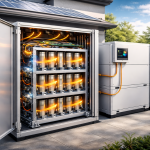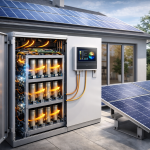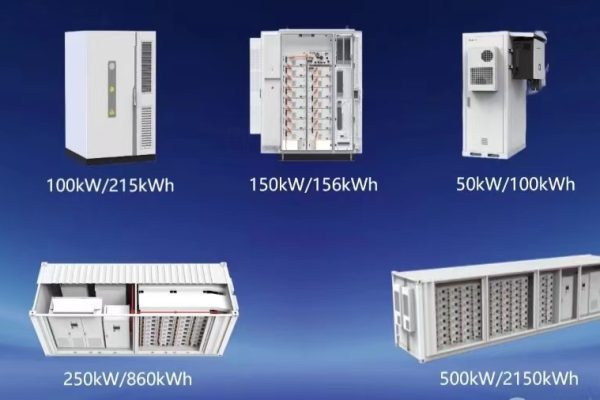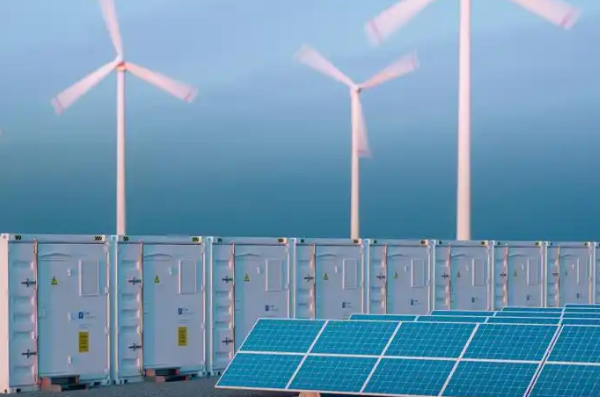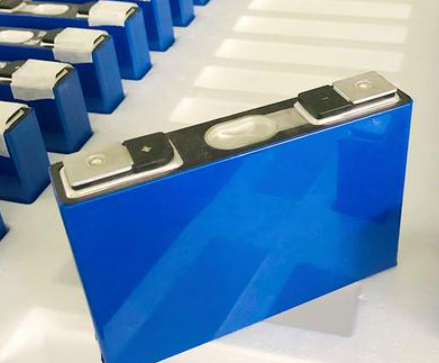Helping Technical Traders Frame the Right Offer from Day One
When you’re in early discussions with a potential client—whether a distributor, EPC, or end user—your ability to frame a hybrid PV + battery solution clearly and confidently can shape the entire deal.
This guide will help you, as a technical trader or solution provider, propose hybrid systems during initial negotiation stages, even when the client hasn’t fully defined their energy needs.
🎯 Step 1: Identify the Core Motivation Early
Don’t start with specs—start with the pain point.
Ask questions like:
- “Are you looking to reduce diesel use, stabilize grid outages, or cut peak energy bills?”
- “Is backup power critical for your loads?”
- “How many hours per day do you experience power cuts or voltage drops?”
From this, you can anchor the proposal toward:
| Main Driver | Suggested Focus |
|---|---|
| Outage backup | Emphasize storage-first, seamless switching |
| Energy bill savings | Emphasize PV-first, self-consumption |
| Diesel reduction | Emphasize hybrid control, genset integration |
| Energy independence | Emphasize off-grid ready, full autonomy |
🧩 Step 2: Offer a “Hybrid Logic” Before a BOM
Clients may not yet know if they need:
- 1-phase or 3-phase system
- AC or DC coupling
- 10 kW or 50 kW inverter
Instead, propose a hybrid system logic using diagrams and logic flows:
“Based on your load and backup needs, we recommend:
– PV to power daytime load
– Batteries to support critical loads for 4 hours
– Genset or grid as final fallback
– EMS to optimize switching between all sources”
📌 Tip: Show one-line diagrams or typical use cases to visualize the value.
💬 Step 3: Use Reference Packages to Anchor the Budget
Avoid the trap of quoting an empty BOM like:
“10 kW inverter + 30 kWh battery = $9,800”
Instead, offer reference packages framed by application:
- “This school-sized kit includes:
– 10 kW hybrid inverter
– 30 kWh LFP battery
– Basic EMS
– Cabinet + wiring estimate
Estimated price: $10,500 CIF”
Use tiered options:
| Option | Power / Storage | Use Case | Est. Cost |
|---|---|---|---|
| Basic Backup | 10 kW / 20 kWh | Shops / Clinics | $8,500 |
| Peak Shaving | 30 kW / 50 kWh | Light industry | $17,000 |
| Off-grid Ready | 50 kW / 100 kWh | Mini-factory | $32,000 |
This gives the client negotiation room without stalling.
🛠 Step 4: Pre-address Compatibility & Flexibility
Many deals slow down when clients start asking:
- “Can I expand the battery later?”
- “Will this work with my existing genset?”
- “Can I monitor this remotely?”
So answer them proactively in your proposal:
✅ “Yes, battery is modular up to 150 kWh.”
✅ “Supports AC-coupling with gensets via ATS.”
✅ “Built-in EMS allows remote control via WiFi/LAN/RS485.”
Use bullets and icons to keep it digestible.
🔁 Step 5: Offer a Draft Scenario Instead of a Final Quote
Early-stage buyers often say:
“I’m still figuring out my needs—just send me a ballpark.”
In this case, prepare a “draft hybrid scenario”, not a binding offer.
Include:
- Load assumptions (based on benchmarks or client input)
- Backup time target (e.g., 4–6 hours for critical loads)
- PV capacity and inverter size based on roof space or load demand
- Modular battery options with upgrade notes
- Estimated costs: split by inverter, battery, accessories
⚠ Don’t forget to label it: “Preliminary System Suggestion – For Discussion”
💡 Step 6: Use Questions to Pull the Buyer Forward
Every proposal is a conversation opener. End your pitch with:
“Would you prefer to prioritize lower upfront cost, or faster ROI?”
“Do you want this to operate in full off-grid mode, or just as backup?”
“Do you have an existing genset or plan to add one?”
These questions help the client self-qualify, and it positions you as a partner—not just a seller.
🔚 Conclusion: Early Framing Wins Trust
You don’t need every load sheet or roof layout to start proposing a hybrid system.
What you need is:
- A clear understanding of the client’s use case
- The ability to translate pain points into system logic
- Templates, diagrams, and real-world packages to guide decision-making
When you do this well, you move the conversation from “just pricing” to “real design”, even before the final RFQ arrives.

